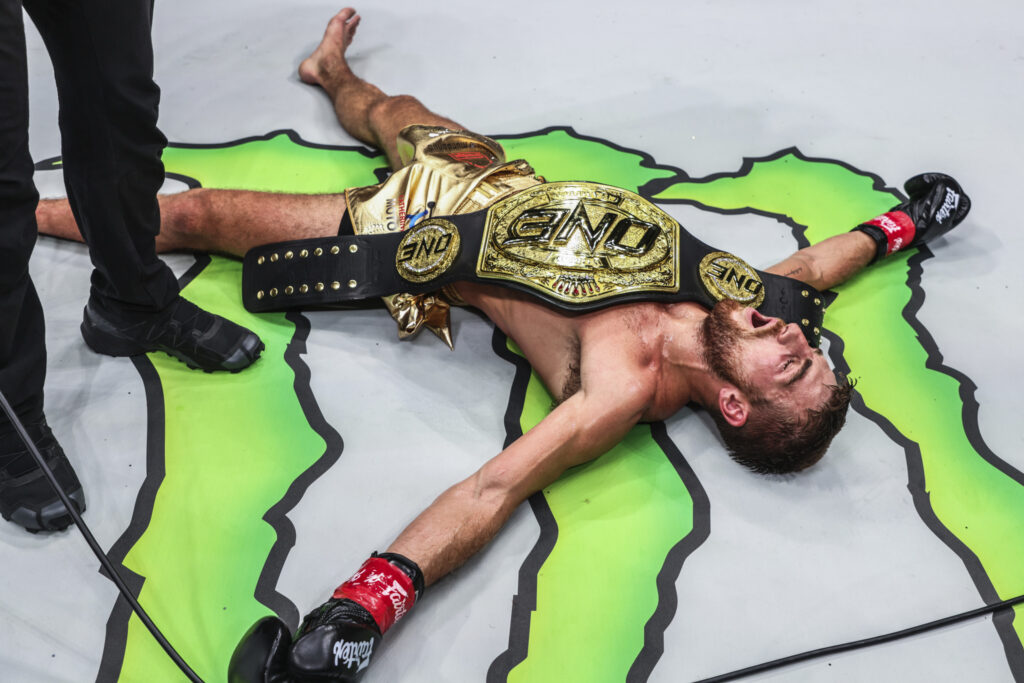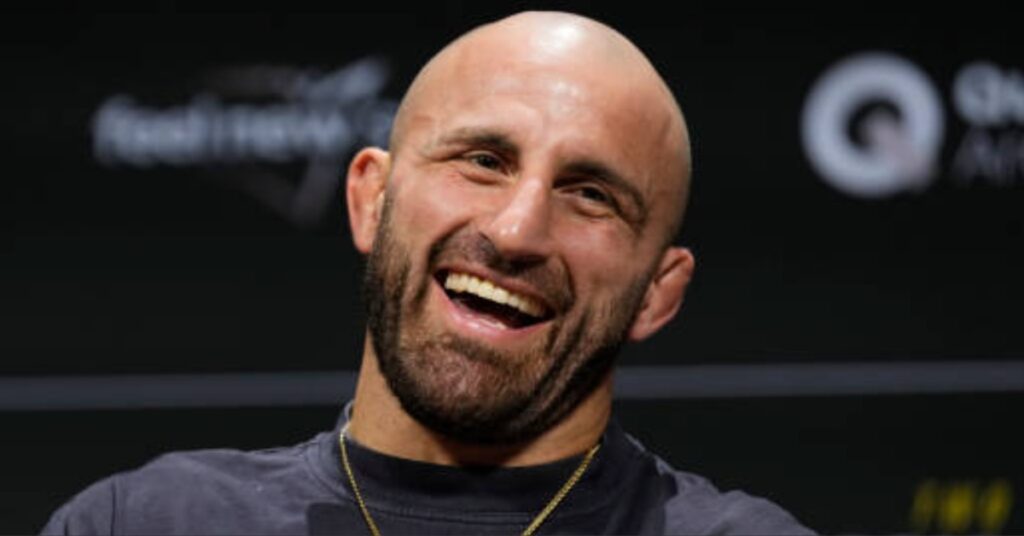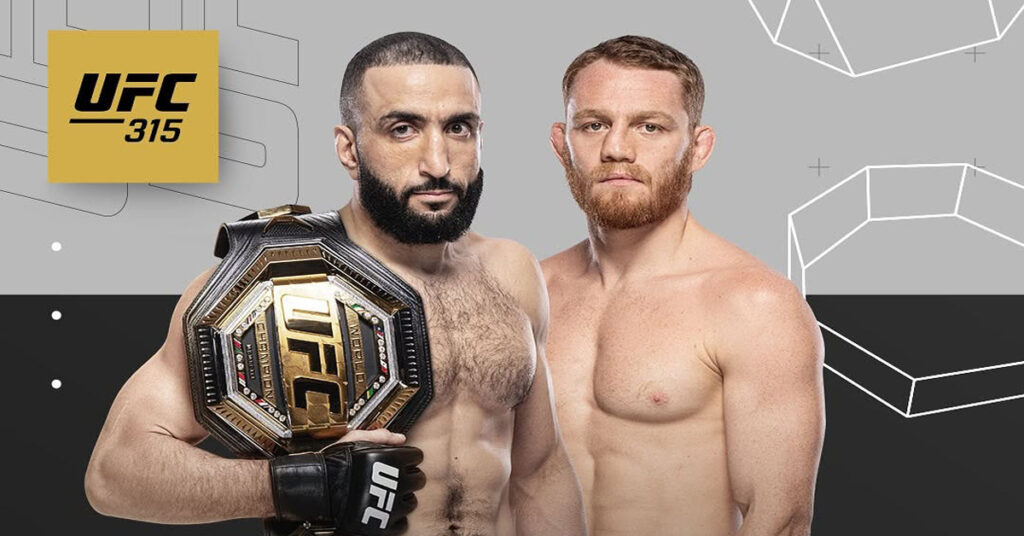UFC antitrust lawsuit back in court February 2025
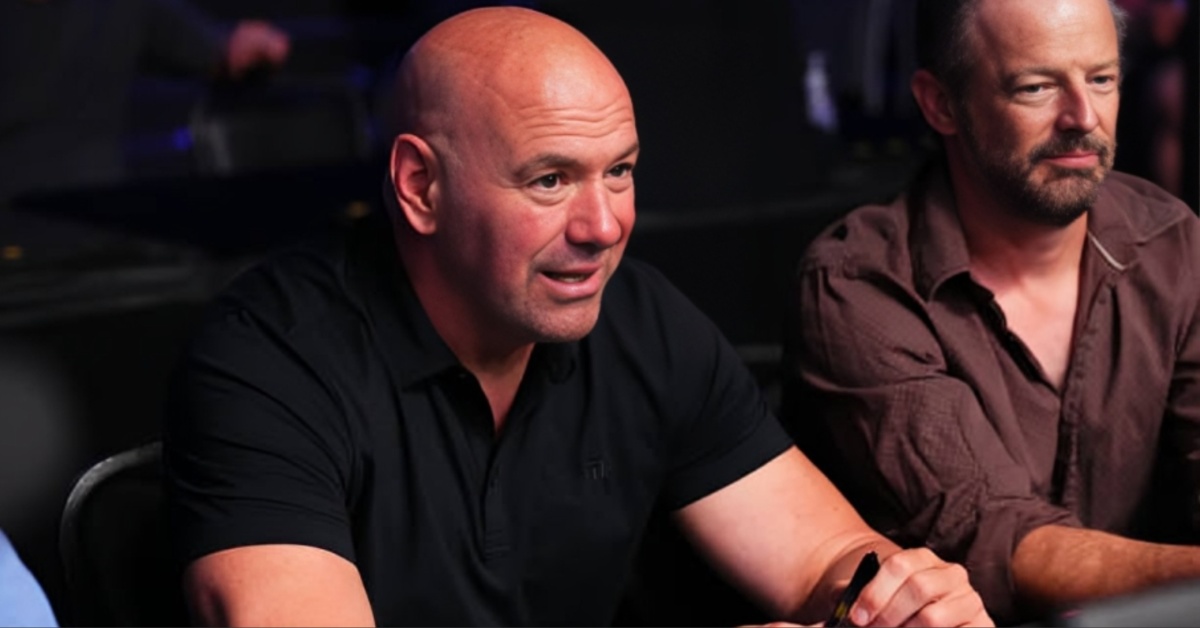
The Le vs. Zuffa antitrust lawsuit will officially land back in court for a hearing next year, as soon as February – as per a ruling this week from sitting judge, Richard Boulware.
The lawsuit, filed initially back in 2014 against the organization by the likes of a slew of fighters including former middleweights, Cung Le, and Nate Quarry – despite a prior settlement agreement in relation to the lawsuit earlier this annum.
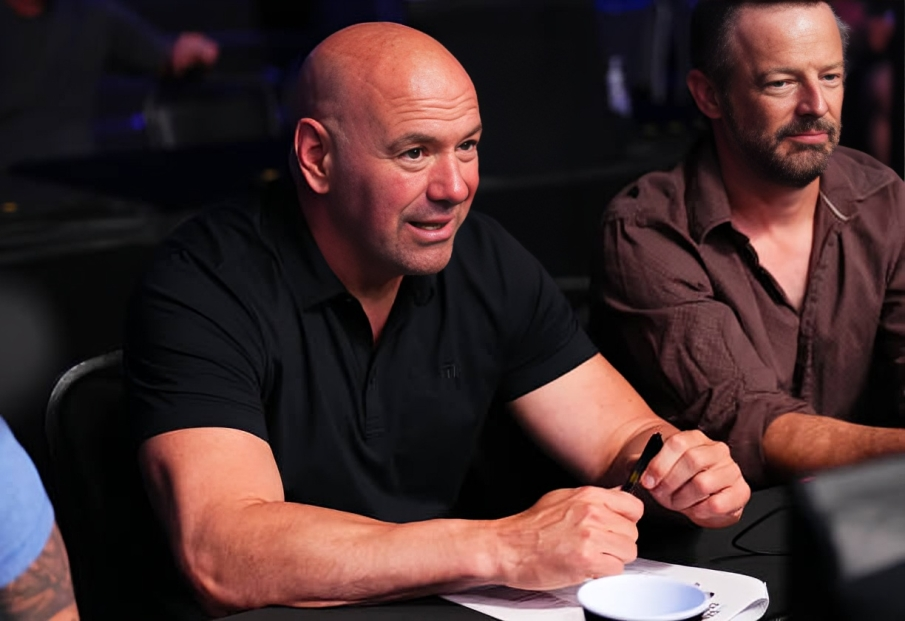
The initial settlement struck was set to pay out $335,000,000 in relation to two separate lawsuits filed – one covering athletes under the banner of the promotion between 2010 and 2017, as well as other fighters covered from 2017 to the present day.
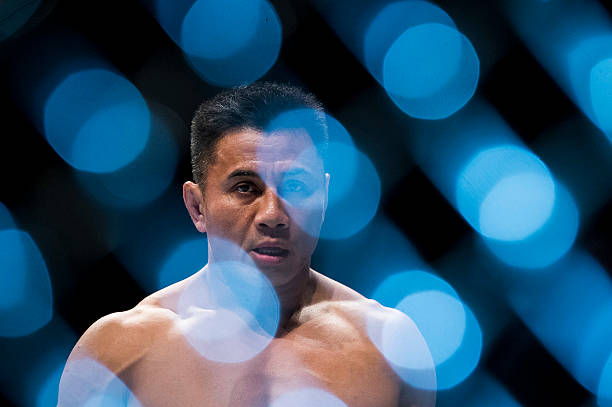
Judge Boulware, who has confirmed how the antitrust lawsuit will land back in court on February 3. next, – stated how he had objected the settlement struck earlier this year, questioning if the payment settled on seemed low and how fighters represented in the second lawsuit could take the decision to object to arbitration and further class-action waiver clauses. (H/T MMA Fighting)
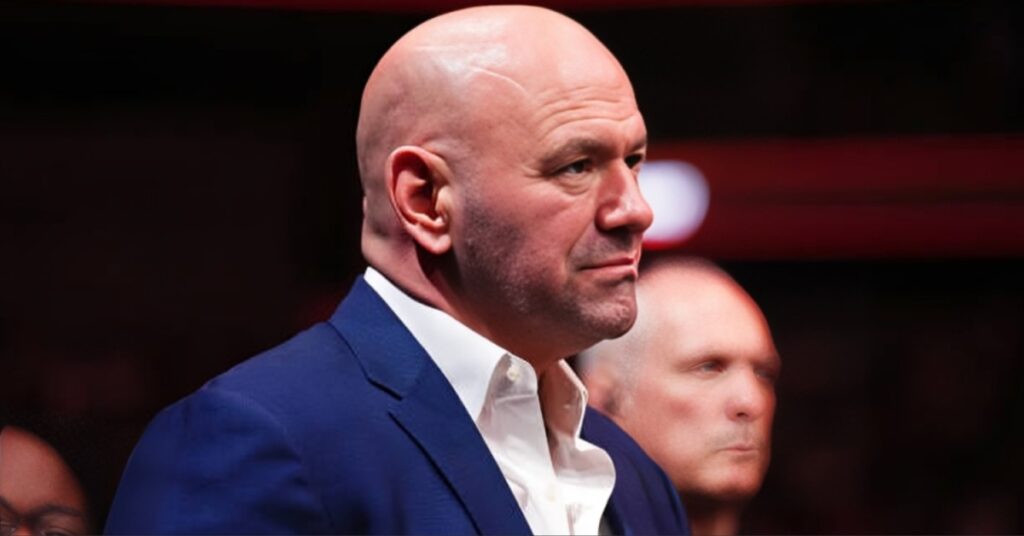
UFC antitrust lawsuit set to return to court in February next year
The antitrust lawsuit initially filed against the promotion alleges that the UFC had participated “in a scheme to acquire and maintain monosopy power in the market for elite professional MMA fighter services.” Furthermore, these alleged practices were achieved through the implementation of exclusive contracts for talent, methods of coercion, and the acquisition of other fighting promotions in a bid to eliminate competitors to their brand and roster.
Prior to the judge’s ruling, Eric Cramer, who is the lead attorney for fighters said: “They’d be better off both taking the money, getting the injunctive relief. The world where that doesn’t happen is not in that fighter’s interests because I would tell that fighter if they were in my office, ‘You’re likely to lose. You’re likely to get nothing.’”

